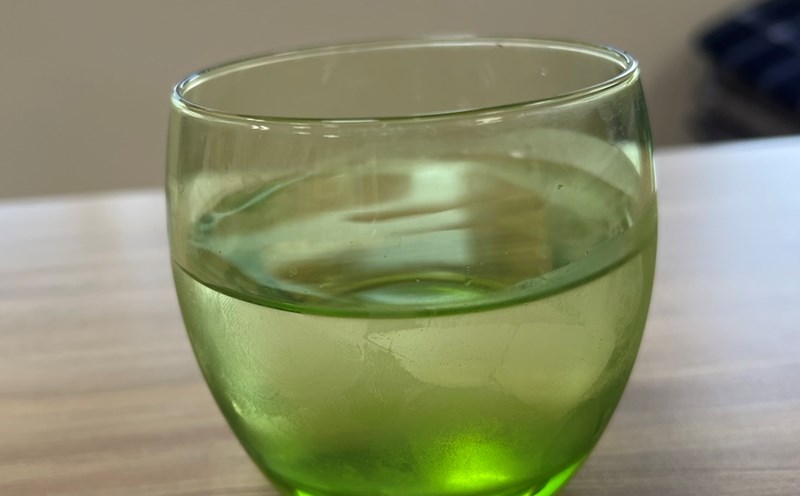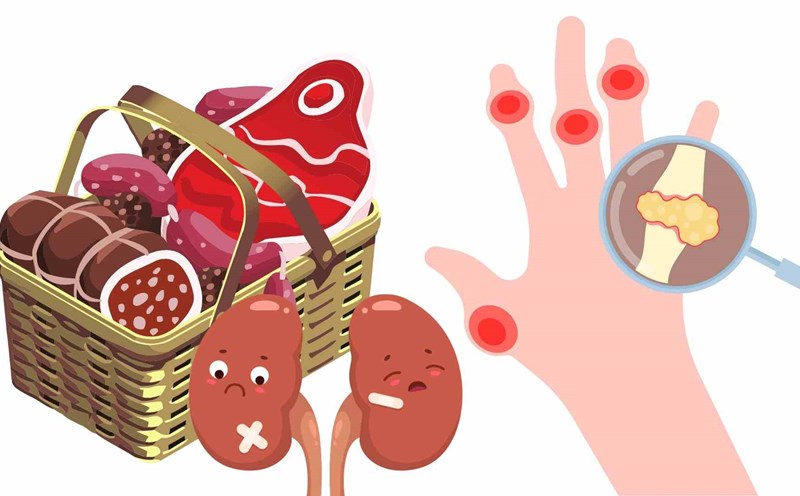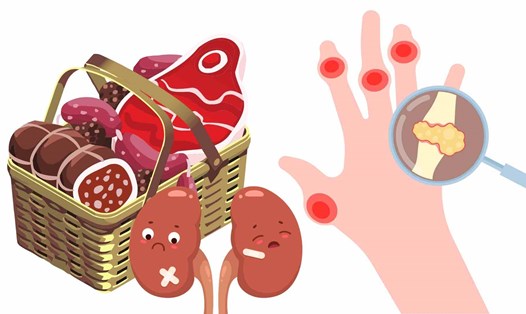First of all, tofu contains a relatively high amount of protein compared to the needs of people with chronic kidney disease.
When the body digests protein, metabolic products such as Ureas, creatinine and uric acid are created and must be filtered by the kidneys. For people with kidney failure, the kidney's filtering ability is reduced, causing waste to accumulate in the blood, causing fatigue, nausea, loss of appetite and making the disease progress faster. Eating a lot of tofu can cause protein levels to exceed the kidneys' ability to process.
Second, tofu, as well as soy products, contain a significant amount of phosphorus and potassium. People with kidney failure often need to control these two minerals because the weak kidneys cannot remove them effectively. Excess phosphorus can cause osteoporosis, itchy skin and increase the risk of cardiovascular disease, while high potassium can lead to dangerous heart rhythm disorders.
Although the phosphorus content in soybeans is organic phosphorus (lower in absorption than added phosphorus), if eaten regularly and in large quantities, it will still create a significant burden.
Third, in some people with kidney disease, soy protein can cause bloating, indigestion or increase intestinal gas production, making anorexia worse - a common problem in people with late-term kidney failure.
The diet of kidney patients often requires control of fluid and sodium; if tofu is processed with a lot of water or salty spices, the risk of water retention and high blood pressure will be higher.
People with kidney failure do not necessarily have to completely abstain from tofu, but should limit and use it according to the prescription of a nutritionist or treating doctor. Controlling the appropriate amount of protein, potassium and phosphorus will help reduce the burden on the kidneys, stabilize metabolism and slow down the progression of the disease.











